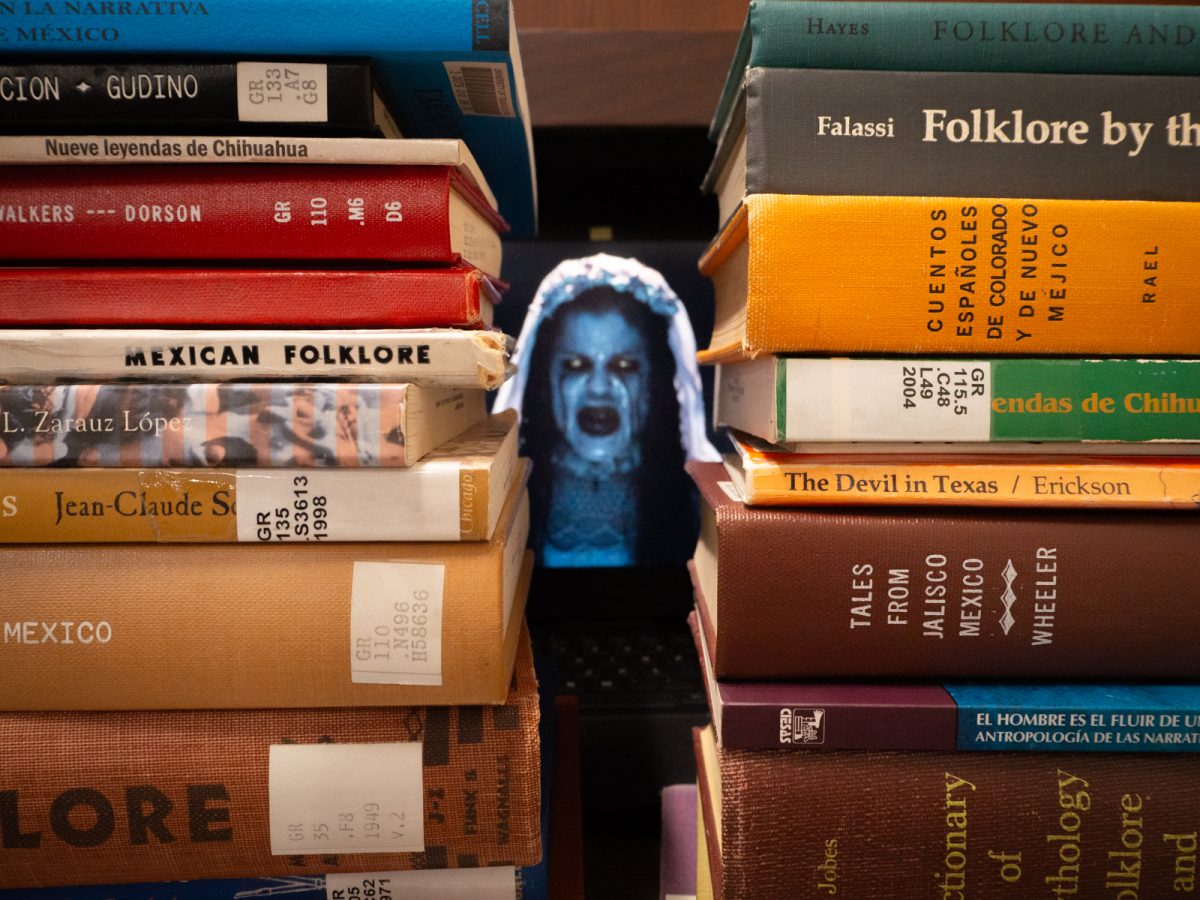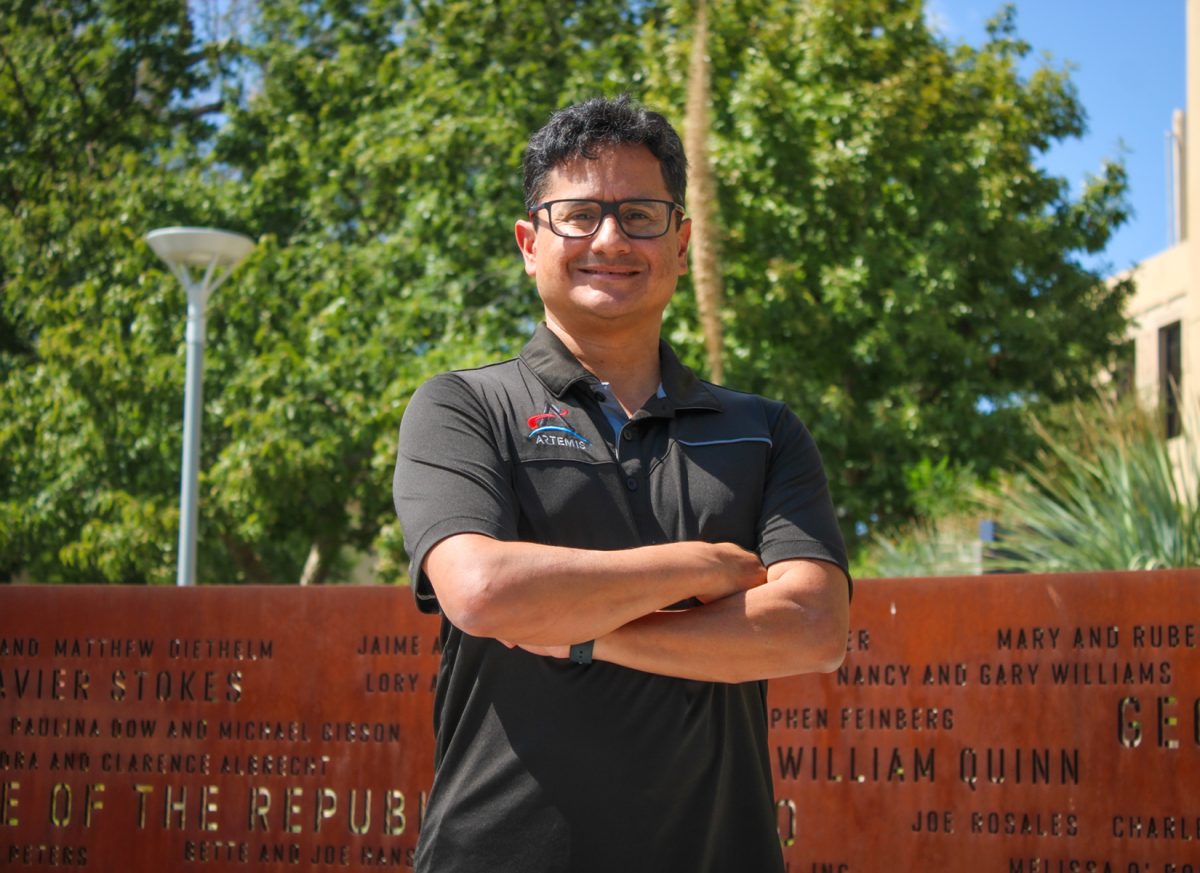As the election process draws near and students elect a new student government, it’s worth looking at the current state of the association and their lack of transparency with the students they represent.
SGA oversees important aspects of student life such as facilitating trips to conferences, and funding for different programs and organizations. A part of students’ tuition funds SGA through the student services fee.
SGA’s meeting minutes are taken by the co-chair, who then gives them to the vice president at the end of meetings. The VP should make them available by the next week for the senators. If anyone outside of SGA wants the minutes, they should be available to them.
For current SGA President, Sergio Baltazar, transparency and student participation was the foundational platform in which he based his campaign as an independent candidate.
“I want to make a difference by making SGA more approachable to the students,” Baltazar said in an interview with The Prospector back in May 2016.
“We ensure student participation in the University decision-making process,” reads the Mission statement on SGA’s website.
However, in the current stages of the present term, the digital footprint of the student organization does not reflect such ideals. Their website seems to lack records of multiple functions of the organization.
The records for this president’s term are not publically available at the University Library’s Special Collections section where a book of senate bills, meeting minutes, bylaws and the constitution are kept.
These documents include the funding student organizations recieve at appropriations meetings.
Being that SGA’s website is devoid of current records, Special Collections seems to be the only gateway to information regarding the body of government’s current term. However, the most recent records presented are from 2015-2016 and head of Special Collections Claudia Rivers said that the library’s top floor is not the university’s official archive. When asked for comment, Rivers said it is unclear when these compilations actually make their way to the library.
Their records seem nearly impossible to find. Starting with the senate minutes, the online hub only shows the senate minutes log from the 2013-2014, 2014-2015 and 2015-2016 terms. While the 2013-2014 and 2014-2015 tabs are the only active links, when clicked on, they lead to an error message.
Additionally, the Legislation tab contains senate bills from the 2014-2015 and 2015-2016 terms, with the only bills available leading to the same error message.
The Special Projects section is on par with the current term, however, it does not allow for any access, as it does not link to anything.
During his campaign, Baltazar addressed transparency as part of a point that was brought up during one of the debates. “Our website was somehow outdated and it seemed as if no one was using it,” Baltazar said.
The roster of SGA members found on the organization’s website suggests a dissonance in organizational communication, with previous members no longer employed by SGA still showing as active members.
Funding for the Green Fund was dissolved back in 2016, but a tab still exists for it on their website. The information for the Green Fund has not been updated since 2013. There is no information on the new programs that have replaced that funding.
The uncertainty in fund management affects the way the organization is perceived, especially considering the money is coming from every student.
Maybe Baltazar wanted to implement measures that promote transparency, but was held back by the guidelines of SGA.
As a collegiate organization, it is easy to overlook the importance of transparency and accountability. However, SGA represents a whole student body and it should be held accountable as such.









